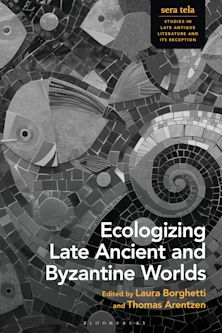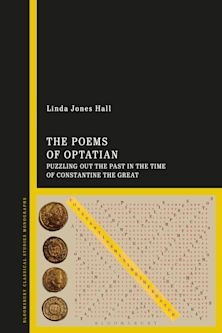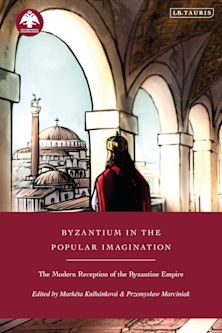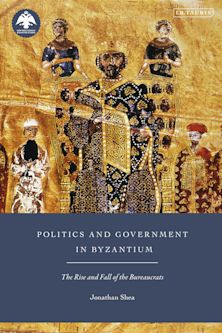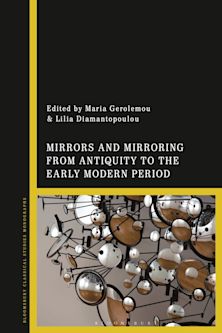- Home
- ACADEMIC
- Classical Studies
- Late Antiquity and Byzantine Studies
- The Myth of Paganism
The Myth of Paganism
Nonnus, Dionysus and the World of Late Antiquity
The Myth of Paganism
Nonnus, Dionysus and the World of Late Antiquity
You must sign in to add this item to your wishlist. Please sign in or create an account
Description
Traditional and still prevalent accounts of late antique literature draw a clear distinction between 'pagan' and 'Christian' forms of poetry: whereas Christian poetry is taken seriously in terms its contribution to culture and society at large, so-called pagan or secular poetry is largely ignored, as though it has no meaningful part to play within the late antique world. The Myth of Paganism sets out to deconstruct this view of two contrasting poetic traditions and proposes in its place a new integrated model for the understanding of late antique poetry. As the book argues, the poet of Christ and the poet of the Muses were drawn together into an active, often provocative, dialogue about the relationship between Christianity and the Classical tradition and, ultimately, about the meaning of late antiquity itself. An analysis of the poetry of Nonnus of Panopolis, author of both a 'pagan' epic about Dionysus and a Christian translation of St John's Gospel, helps to illustrate this complex dialectic between pagan and Christian voices.
Table of Contents
Preface
1. Introduction: The Myth of Paganism
2. Inspiration and Authority: The Voice of the Poet in Late Antiquity
3. Christ and Dionysus: Nonnus' Paraphrase of St John's Gospel
4. Dionysus and Christ: Nonnus' Dionysiaca
5. The Poetics of Late Antiquity
Notes
Bibliography
Index
Product details

| Published | 16 Oct 2013 |
|---|---|
| Format | Ebook (PDF) |
| Edition | 1st |
| Extent | 192 |
| ISBN | 9781472519658 |
| Imprint | Bloomsbury Academic |
| Series | Classical Literature and Society |
| Publisher | Bloomsbury Publishing |
About the contributors

ONLINE RESOURCES
Bloomsbury Collections
This book is available on Bloomsbury Collections where your library has access.













